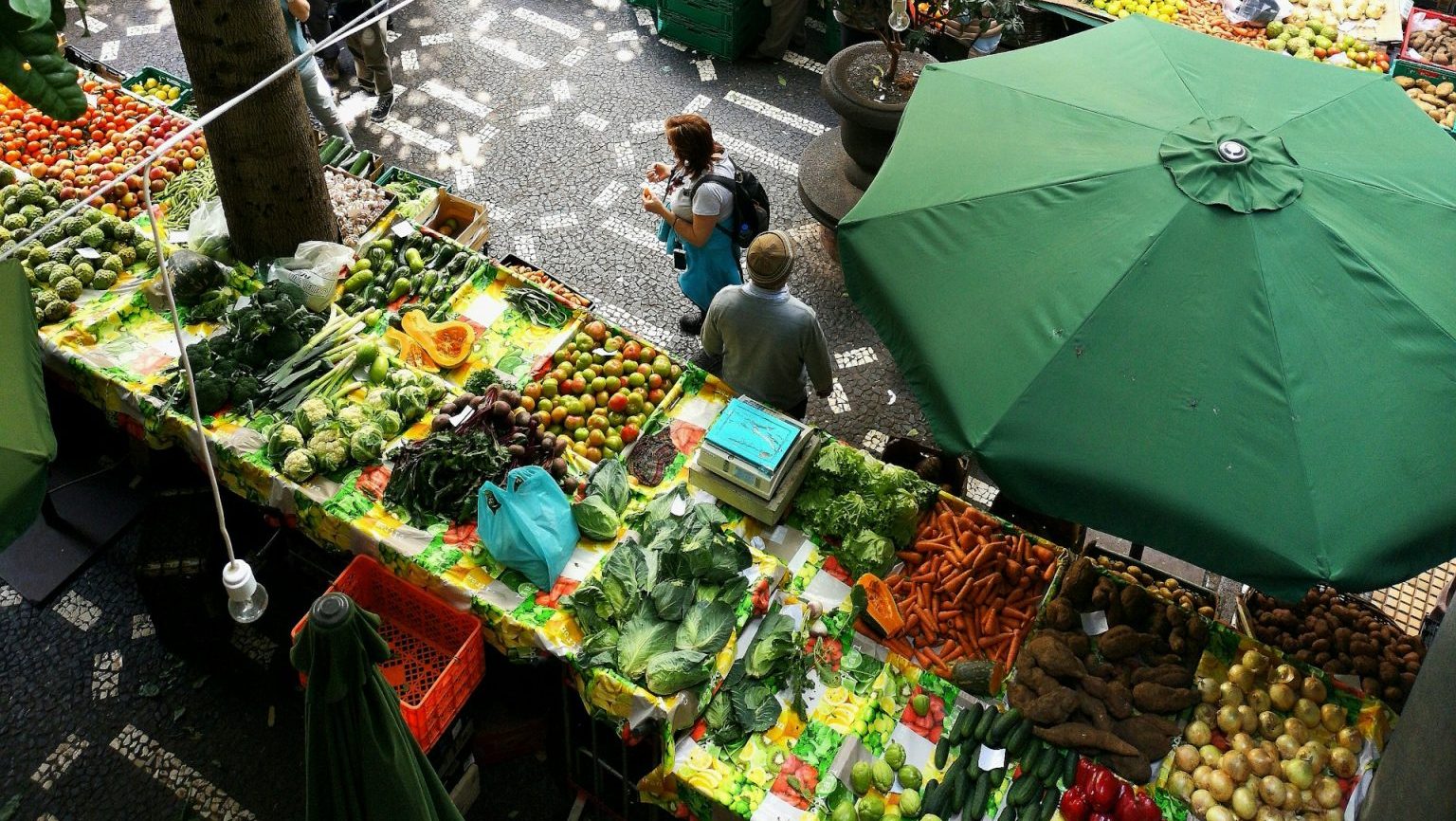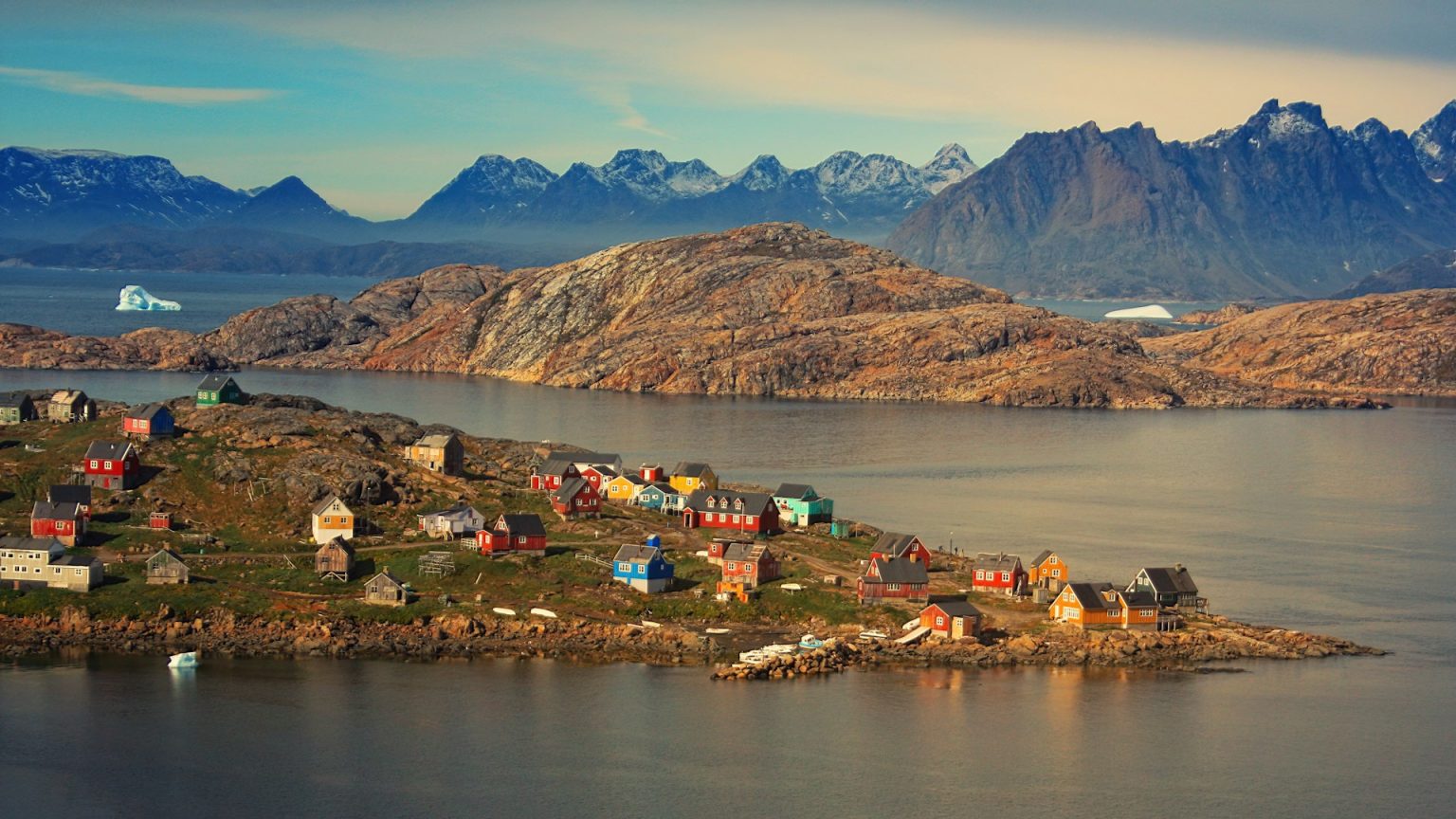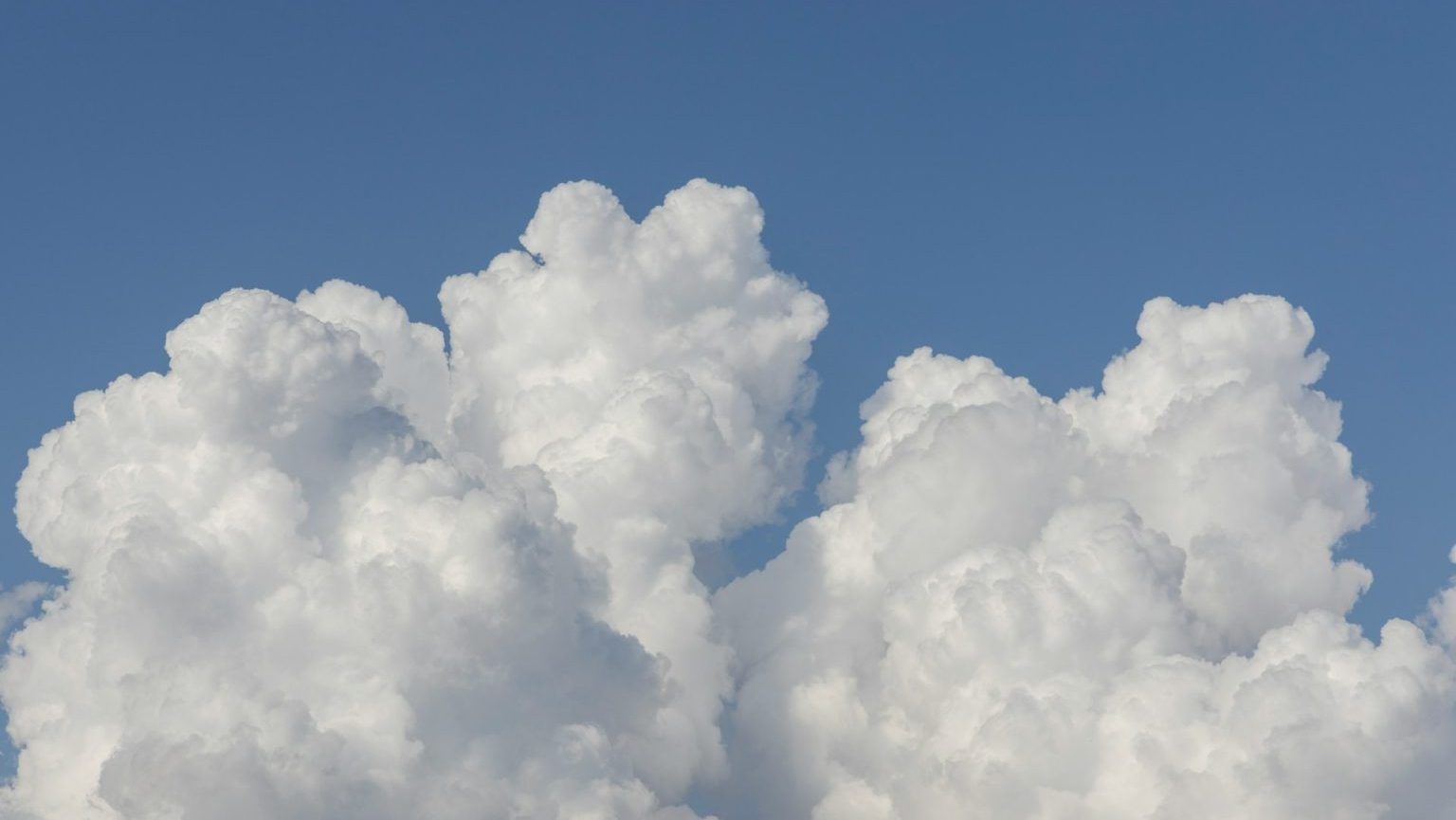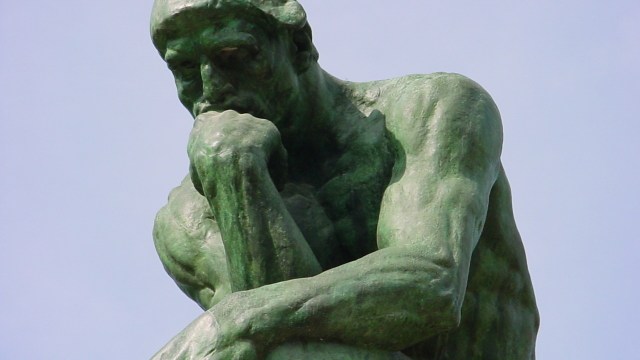Why aren’t we trying to be better ancestors?
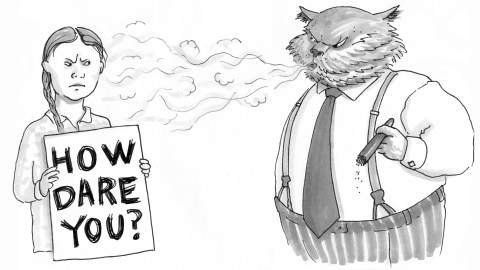
Illustration by Julia Suits, author of The Extraordinary Catalog of Peculiar Inventions, and The New Yorker cartoonist.
- Do we have a duty to be "good ancestors"?
- Creating a legacy of a climate-worsened world is like shooting your kids in the foot.
- Who are you free to harm? If not any one else, then surely not everyone else? Third-hand carbon counts as an ambient harm that will burden all future humans.
If you knew parts of our way of life would harm (your) kids, would you work to change them? As Greta Thunberg has forcefully made clear, we know exactly that, and must now act on that knowledge.
A “do no harm” norm sits at the heart of how we live. Your right to be free stops at where it causes harm to others (here’s John Stuart Mill’s statement of that principle). So if we know we are not free to harm anyone else, how can it be ok to harm everyone else (even if diffusely and indirectly)?
The climate-cooking consequences of many everyday activities (especially of high-consumption lifestyles) will harm today’s kids and all future humans. They will have to live under the atmospheric carbon-burden we’re creating. These third-hand carbon harms are assured by the physics of the facts of climate change (and you can’t negotiate with physics).
Does that seem right or fair to you?
That very issue is being tested in an ongoing court case “Juliana vs U.S.” Twenty-one kids are suing to demand “the government step[s] up to protect today’s children, and future generations, from the worst effects of climate change.” So they’re not deprived of their “rights to life, liberty… [and the] unalienable climate system that nature endows.” The government lawyers claim “there is no fundamental constitutional right to a ‘stable climate system.'”
Forget the legal details, what does your heart tell you is the right thing to do? Put another way, in light of the new material and moral realities we face, are we living up to the great task and responsibility “of being good ancestors“?
Didn’t many of our ancestors work to give us a shot at a decent life? Shouldn’t we do the same?
